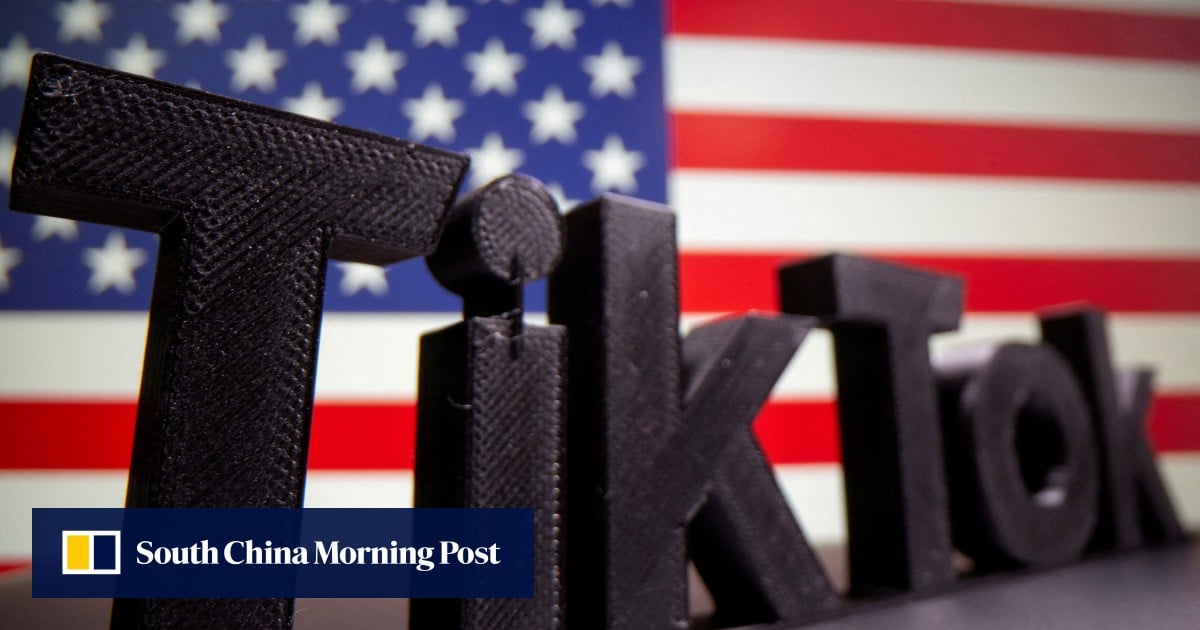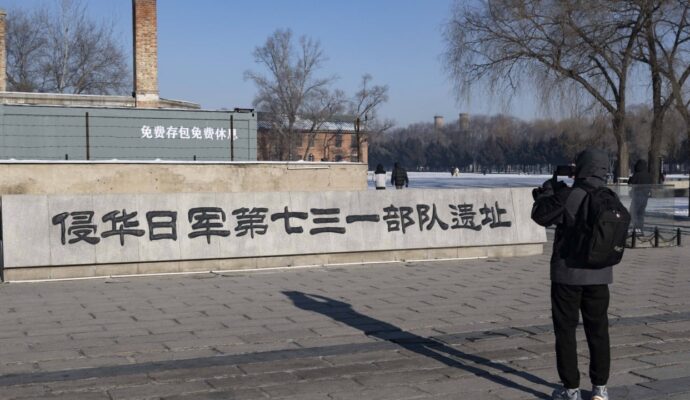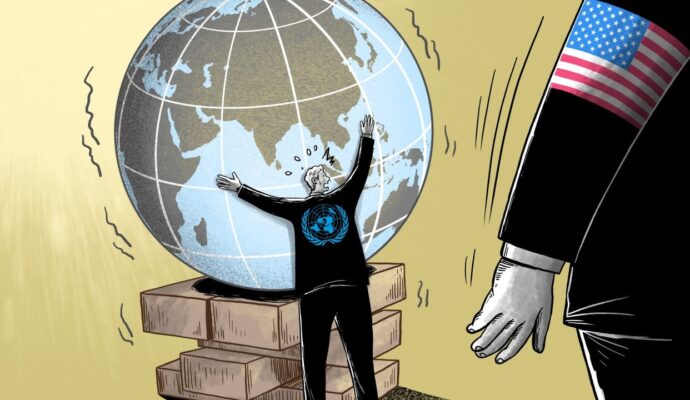

A 2020 deal to sell the app collapsed after Beijing intervened and said prior government approval was necessary before the export of domestic algorithms. TikTok also challenged the Trump administration’s executive order in the US courts and the Biden administration later allowed TikTok to continue operating in the US.
Analysts say that the new US demand for a change of ownership will be resisted again by Beijing and TikTok’s owners.
Although TikTok remains popular in the US, political scrutiny of the app has increased amid concerns over data security and links to Chinese authorities. The US House Foreign Affairs Committee approved a bill in early March that would give US President Joe Biden the power to ban the app nationwide should he chose to do so.
Beijing-based ByteDance, which owns TikTok, has remained silent on the latest US move to force an ownership change.
TikTok is not available in mainland China – where its sister app Douyin has more than 600 million daily active users – or Hong Kong. India blocked TikTok in 2020 after a border dispute with China, citing a law that allows the government to block websites and apps when the country’s “sovereignty and integrity” are at stake.
TikTok CEO Chew Shou Zi, a Singaporean based in Singapore, is scheduled to testify at a hearing of the House Energy and Commerce Committee later this month, in an effort to soothe mounting concerns from some US lawmakers about the app’s data security and links to the Chinese government.
In 2020 when Trump demanded that ByteDance sell TikTok, the Chinese company brokered a deal to sell minority equity stakes in TikTok Global to other investors with ByteDance retaining an 80 per cent equity stake, according to a statement at the time.
Under that deal – subsequently dropped – ByteDance would have allowed potential stakeholder Oracle Corp to conduct security checks of TikTok’s source code although ByteDance would not transfer any proprietary algorithms or technologies to the US firm, the Beijing-based company said at the time.

